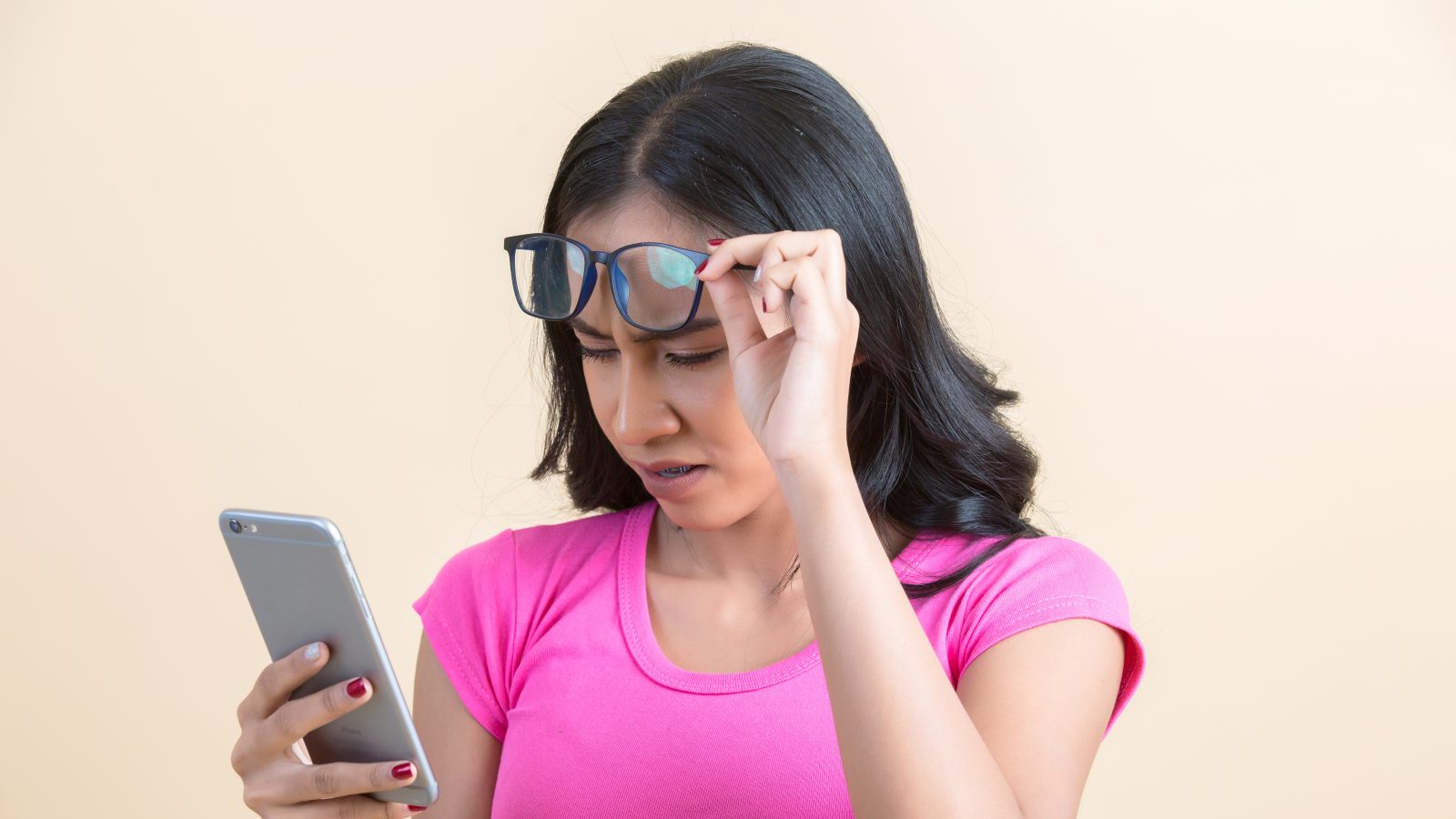Why Eye Check ups are important?

Regular eye check-ups not only help to maintain good vision, but they also play a crucial role in detecting eye diseases early on, before they become more severe.
Dr. Mahesha S, Chief Medical Officer, Cataract & Trauma, Sankara Eye Hospital, Shimoga reveals the signs that indicate the need for an immediate eye check-up
Regular health check-ups, much like taking an annual vacation, are important for maintaining overall well-being. Just as a vacation allows you to rest, rejuvenate, and come back refreshed, regular check-ups help to detect any potential health issues early on, so they can be addressed before they become more severe.
Many people tend to put off regular health check-ups until they experience severe symptoms. However, regular eye exams should be a priority on your health checklist, regardless of your age. These check-ups not only help to maintain good vision, but they also play a crucial role in detecting eye diseases early on, before they become more severe. Often, these diseases can go unnoticed for long periods of time, making early detection crucial for maintaining good eye health. Therefore, it is important to make regular eye check-ups a part of your overall health care routine.
Dr. Mahesha S, Chief Medical Officer, Cataract & Trauma, Sankara Eye Hospital, Shimoga explains several signs that may indicate that you need to schedule an immediate eye check-up
You notice a change in vision
If you experience putting in extra effort to read items displayed on a menu or the need to strain more while you drive, it is time that you visit an ophthalmologist for a detailed eye-exam. Blurry vision can also be a symptom of other complicated eye conditions like glaucoma.
Regular aches or pains
Your eye sight might be normal, but if you are experiencing periodical headaches or eye pain or feeling stressed, it indicates a change in your vision or other problems that immediately need to be addressed. Frequent headaches could be an indication that you’re putting undue pressure on your eyes.
If you are Diabetic
It is well known that diabetes can affect your eyes and lead to various complications including blindness. Diabetic retinopathy is an eye condition that can cause vision loss and blindness in people who have diabetes. It affects blood vessels in the retina (the light-sensitive layer of tissue in the back of your eye). If you have diabetes, it’s important to get a comprehensive dilated eye exam at least once a year. Diabetic retinopathy may not have symptoms at first but finding them early can help you take steps to protect your vision.
Also Read: Raising Self-Motivated Kids: A Parent’s Guide to Encouragement
Watery Eyes or Persistent redness
There are different reasons for watery eyes or redness. It can be due to allergy from overexposure to dust or eye infections like conjunctivitis. It can also be due to infections in cornea.
You have a family history of eye disease
Certain eye conditions like retinoblastoma and glaucoma can be hereditary. Therefore, it’s important to be aware of your family’s medical history and eye conditions.
It is very important to keep in mind that, even if you aren’t experiencing any of the above symptoms, regular eye-check irrespective of age is crucial for your overall health.
Read all the Latest Lifestyle News here

Atul Tiwari is a seasoned journalist at Mumbai Times, specializing in city news, culture, and human-interest stories. With a knack for uncovering compelling narratives, Atul brings Mumbai’s vibrant spirit to life through his writing.





